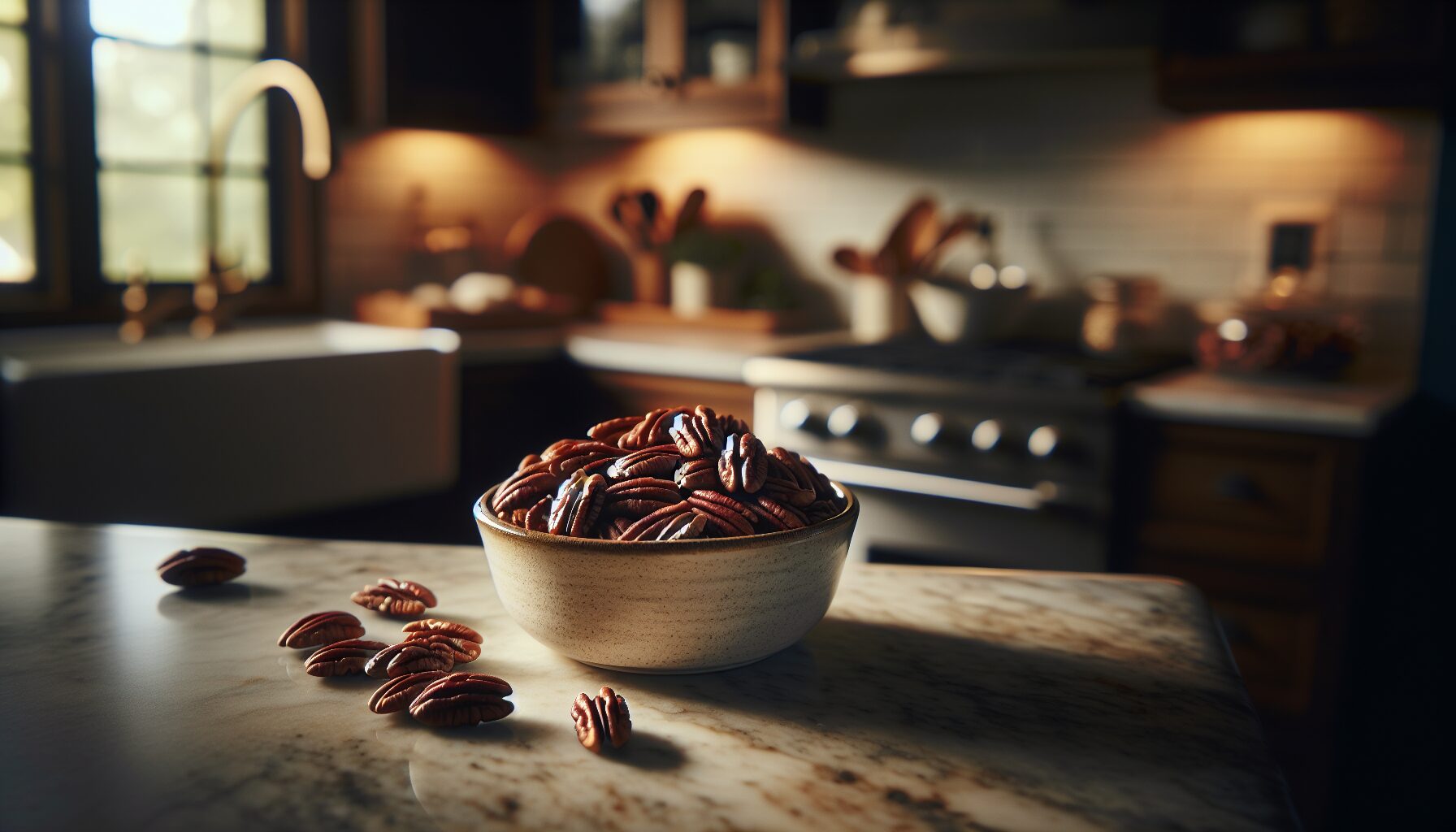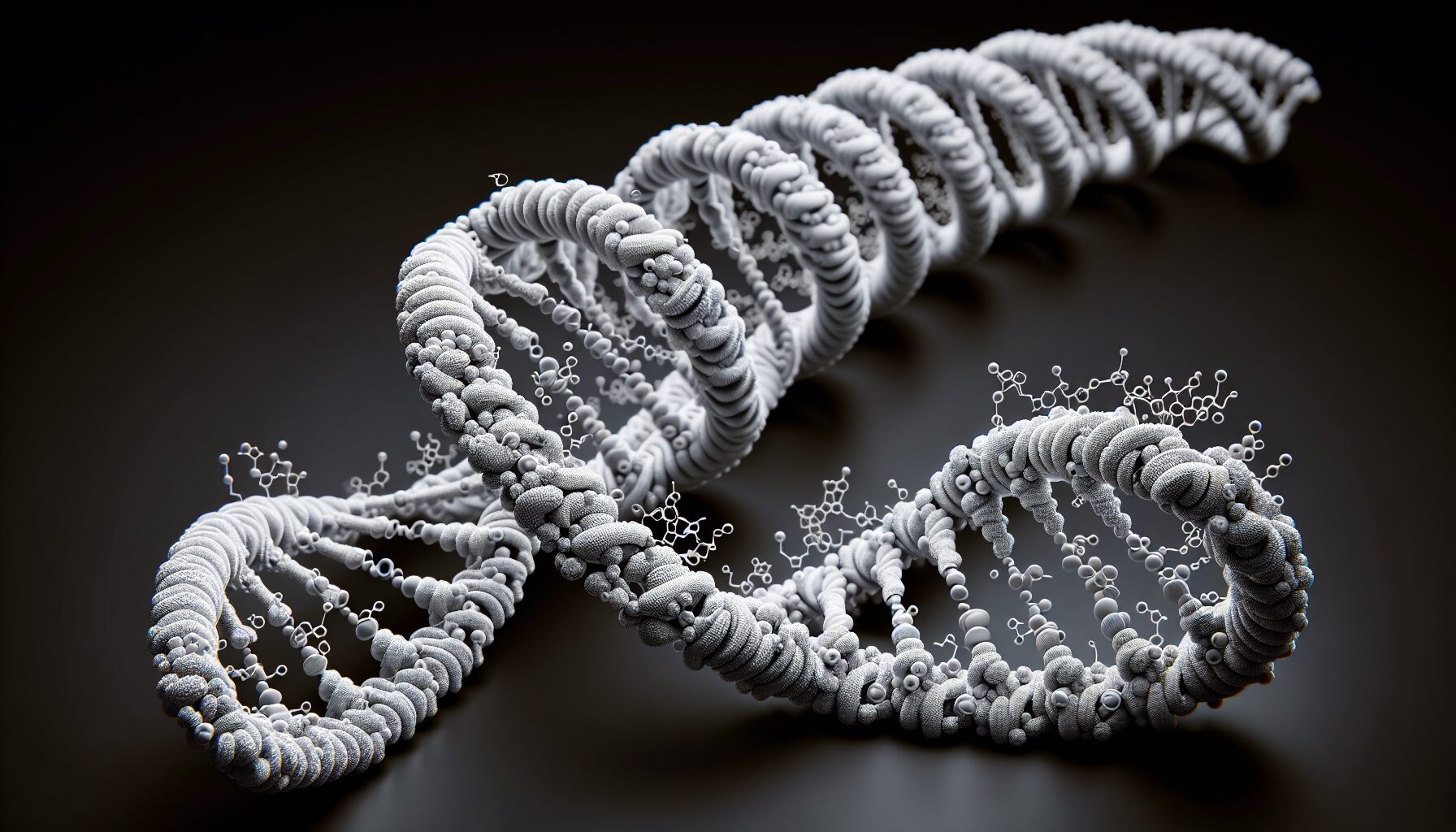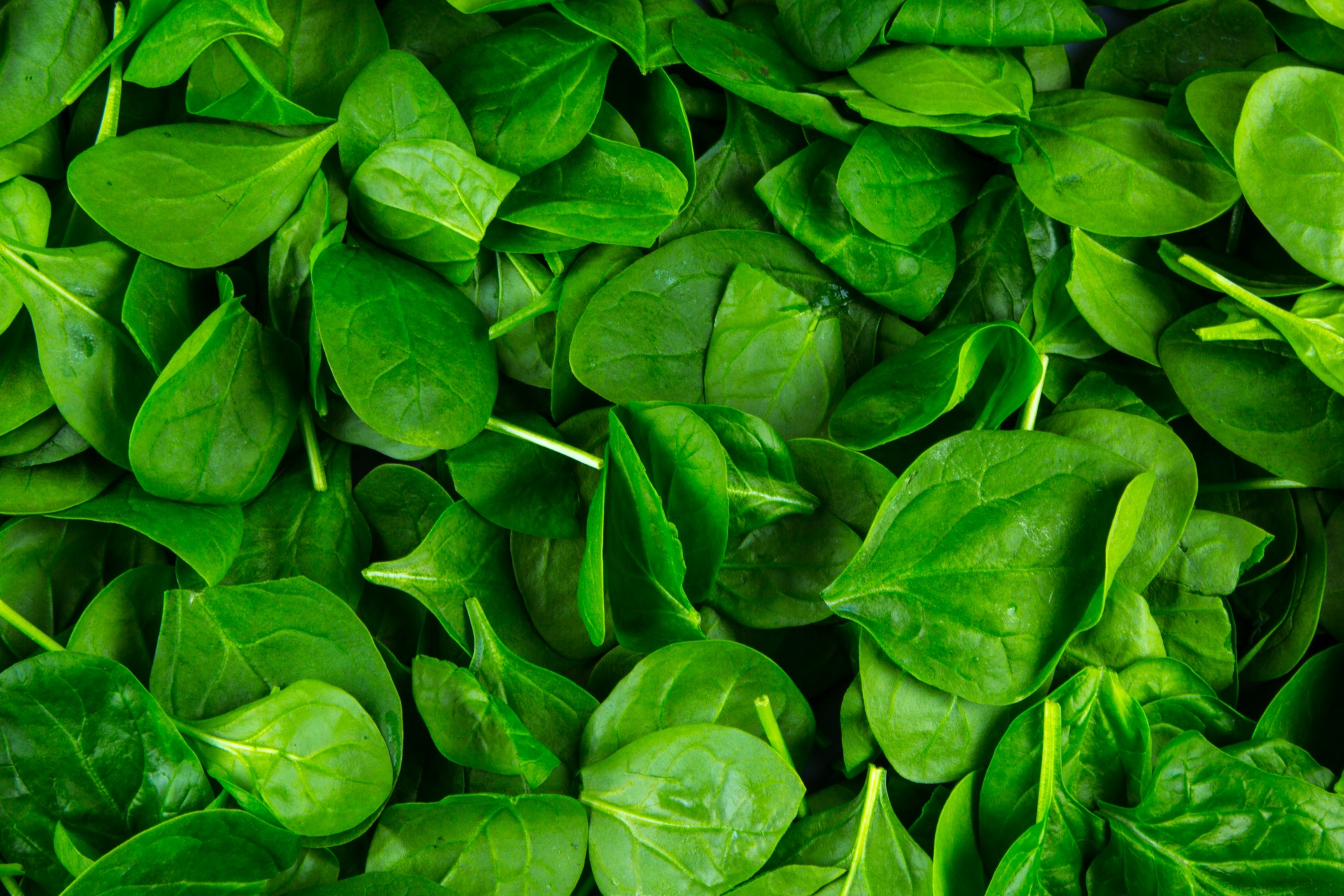
Prebiotics: Feeding Your Gut Bacteria & Microbiome
Prebiotics: What Are They?
Having the right gut microbes is a key part to maintaining optimum health. Recent understanding is that prebiotics and probiotics are able to improve your health, through complex body-microbe interactions.
Not many people know that you are able to influence your intestinal microbes through prebiotics, probiotics, lifestyle and dietary changes.
Probiotics are foods or supplements that deliver beneficial microbes to the gut to support the existing gut micro-biotic environment. Through microbial competition they also supress the growth of harmful gut bacteria and believe it or not, some microbes can even destroy others.
Microbes can actually evolve really quickly and have adapted to live quite easily in our intestines over time. Many microbes don’t survive the journey through stomach though, after all that is why the stomach has developed like that.
To put a complex body dynamic in simple terms, the acidic stomach environment is selecting for only the best survivors, but also the most symbiotic bacteria. Bacteria that enhance aspects of the immune system, especially out in the open environment, provides an evolutionary advantage.
Or for cows, having the best B12 producing fermenting-bacteria puts you at an incredible evolutionary advantage.
It is actually quite astounding to think that some of these microbes can survive the acidic PH of the stomach. However, that is also how we get some illnesses, such as stomach flu.
These sorts of illnesses used to ravage human civilizations, but in modern times they are not as prevalent as a cause of death.
Most beneficial bacteria are found in the colon, but they can be found throughout the gastrointestinal tract.
Prebiotics: Microbial Energy Sources
Prebiotics provide accessible nutrients for your gut microbes, that help to encourage and restore the microbial diversity of your intestines. Some prebiotics can be unique feedstuffs for specific beneficial gut microbes.
Most people just assume that prebiotics consist of dietary fibres, like salad. However there’s a more diverse list than just that.
Bacteria have a slightly different method to accessing energy than we do and certain bacteria or microorganisms are specialised to breakdown certain foods.
Some example dietary prebiotics are foods such as oats, high in specific long-chain sugars, bananas, asparagus, spinach and leek.
Microbes are a lot simpler than people. They take a simple input molecule and convert to various outputs. They also evolve far quicker in harsh environments like the gut as a result.
Some of them like certain types of simple sugars, some like more complex sugars and some of them are specific to milk or meats.
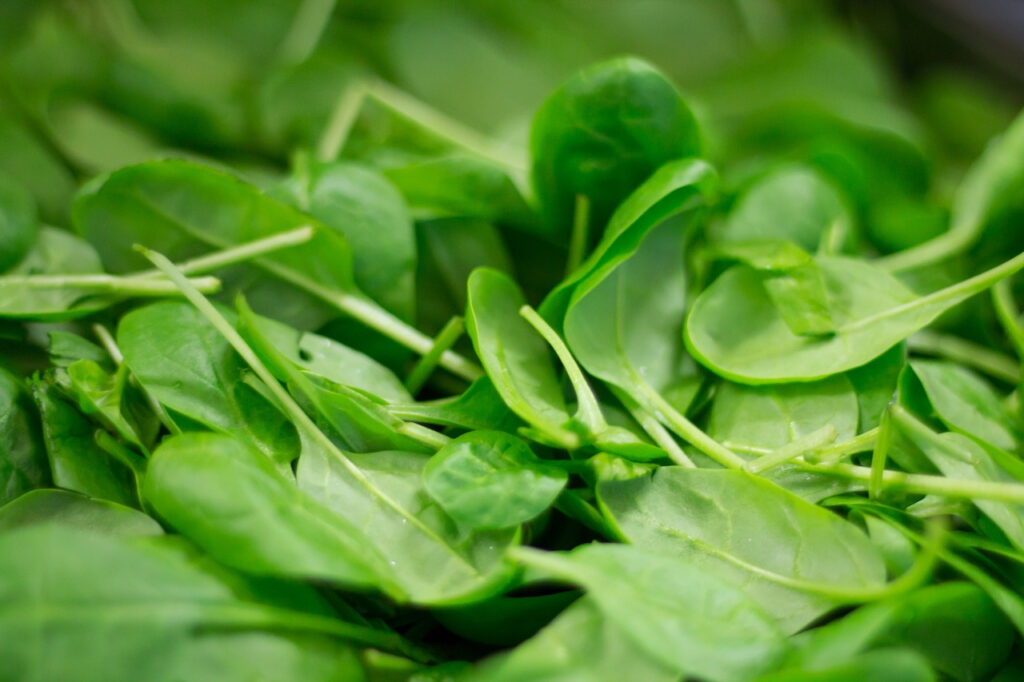
Prebiotics
Prebiotic foods and supplements contain complex-sugar oligosaccharides, or dietary fibres, not fully digested in the gut that encourage gut-microbe growth
Example prebiotic foods include bananas, oats and spinach, containing highly complex sugars
Researched health benefits include, positive effects on immune function, obesity and stress or inflammatory responses. All linked to major health problems
Modern lifestyles and agricultural practices are detrimental to beneficial microbe growth in our food
Prebiotics are generally considered safe and could support defence from infection

Prebiotics: Fructo-Oligosaccharides, Complex Sugars & Fibre
Humans are omnivores so digest many different foods. To encourage the best microbial balance in the gut, one should look to eat a variation of complex sugars and proteins.
There aren’t many food molecules that meet the entire official definition of a prebiotic like the dietary fibres, inulin or fruit sugar-type oligosaccharides.
Fructo-oligosaccharides are basically long-chain sugars, built from one of the basic sugar starting molecules called fructose. Inulin is a fructan or fructose-type long sugar molecule. These sugars were seen to boost Bifidobacteria numbers in the gut.
While certain foods encourage bacterial growth, officially a probiotic is resistant to full digestion, absorption and must be fermentable by gut bacteria. The fermentation process is just a simple breakdown of human undigested input molecules, like complex sugars.
Examples of these sugars include milk-sugar chains, called galacto-oligosaccharides, containing lactose or milk sugar molecules. These are a delicacy for probiotic Bifidobacteria and Lactobacilli strains.
Human respiration or energy production centres around glucose. Our diets naturally contain high levels of glucose-rich starches. Gut friendly Bifidobacteria have evolved to breakdown excess starch that doesn’t get digested.
Other intestinal bacteria prefer to break down plant cells or cellulose sugars. These beta-glucose sugars, like those you find in spinach or leafy greens, encourage different microbial complexes in the digestive tract.
Microbial Fatty Acids or SCFAs
Microbes ferment host indigestible fibres, like cellulose for example, producing the volatile fatty acids that enter our blood stream to communicate with our brain and as an energy source.
These fatty acids boost the cell growth gene mTOR which is key to muscle, blood brain barrier and explosive cell growth.
SCFAs or short chain fatty acids include butyric acid, lactic acid and propionic acid. They all have benefits to body and gastrointestinal health, being produced by a wide spectrum of bacteria.
Microbe gut fermentation products are mildly acidic, providing the protective effects against pathogenic bacteria. This encourages bacteria or microorganisms that thrive in that environment.
Microbes are very sensitive. Even minor gut Ph changes can cause lots of micro-biotic changes as seen in cows. We will discuss gut-Ph effects on microbes in a little more detail later on.
Prebiotics: Why Take Prebiotics?
With our modern inflammatory fast food and diet styles, many people find themselves in danger is missing some key gut microbes.
The symbiotic microbes in your gut are playing many different roles when it comes to your health. We all need healthy levels of gut microbes.
They support healthy digestion, immune system functioning and have a massive impact on your brain health.
Prebiotics Vs Probiotics: Key Facts
Previously we talked about some major probiotic supplements, what they can do for your gut health and the health benefits that this brings.
You can find a link to that particular article here to learn more about the differences between probiotics vs prebiotics. Or simply compare the prebiotic vs probiotic fact sheets in this article.
While we have already covered probiotics and what they do for your health and microbiome in a little bit of detail.
Next we will cover some of the major and direct benefits of prebiotics.
Not just to your overall gut microbiome and microbes, but also how they add a benefit to your overall health.

Probiotics
Probiotics deliver positive microbes to the gut, maintaining gut health and microbiota
Positive gut microbes influence immunity, inflammation and body stress signalling
Probiotic microorganisms increase access to amino acids and key energy nutrients like vitamin B12
Microorganisms in the gut influence your brain health and could influence weight loss
Top probiotic foods include: spinach, yoghurt and kefir

Prebiotics: Gut-Brain Axis – Microbes on the Brain
Microbes in the intestines are constantly sending signals to and from the bloodstream, some of these are going into the brain through the blood brain barrier.
The blood brain barrier is very important in itself, as it forms a protective shield for your entire brain activity and resulting physical functioning. The last thing you want is a toxin or pseudohormone overload to the brain or nerve cells.
Microbes in your intestines are sending signals through volatile fatty acids that are able to reduce stress hormone signalling and reduce inflammation. In many cases of immune disorders from our modern diets, there is an association with changes in intestinal bacteria. These include the short chain fatty acid producing bacteria mentioned.
Certain prebiotics are known to increase the cell counts of these bacteria in the gut microbiome-environment, with wider health benefits.
Microbial-Neurotransmitter Signalling
Some long-chain fructose sugars, present in fruits, can trigger an increase of certain Bifidobacterium numbers. They also aid normal glucose metabolism, through reducing certain bad gut bacteria. These sorts of sugars have been shown to reduce stress inducing corticosteroid releases, linked to the glucose breakdown from these bad bacteria.
Stressed animals, with a compromised and weakened gut microbiota, were more stressed than those with diverse gut microbiota.
Interestingly, stress can work in the converse direction. Higher levels of stress seem to have negative impacts on gut bacteria diversity, affecting specific types of bacteria too. This can produce a negative feedback loop, where good bacteria get reduced. This is apparent in many modern-day diseases like cardiovascular disease.
The body is able to also encourage growth of certain bacteria using chemicals like noradrenalin, in a cross talking interaction with the nervous system. This response is classed as quite a strong bacterial sensing reaction, causing growth towards the intestinal linings.
A strain of Lactobacillus rhamnosus, one dairy-sugar digesting probiotic bacteria found in many different supplements, is capable of altering some brain neurotransmitter levels including glutamate.
Glutamate is an excitatory messenger involved in learning and memory formation.
Tryptophan and Gut Microbiota
The earliest studies in microbe-hormone studies detected microbes can affect animal host responses through the gut. They are able to produce and interact with certain neurotransmitters too, such as tryptophan and GABA. GABA is an ancient hormone that plays a role in thyroid function and signalling.
Bacterial use of tryptophan in the gut has a wide range of effects, including protection against gut inflammation.
Certain gut bacteria can respond to catecholamines too, like adrenaline and dopamine, used in nerve cells. An interesting development is how specific bacteria can trigger vagal nerve responses and behaviours search as anxiety.
This would suggest certain bacteria are able to contribute to remotely regulating the stress response.
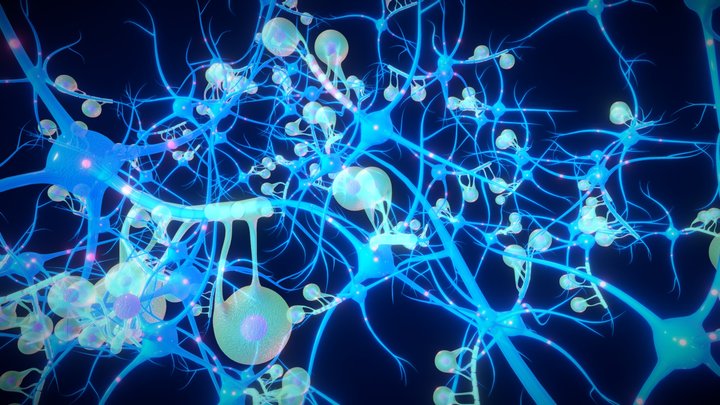
Prebiotics: Effects on Obesity
Certain signalling chemicals are sent through digestive tract cells to let the body know it has had enough to eat, triggering a response of satisfaction. These brain signals can be regulated by certain gut bacteria.
Taking prebiotics and certain probiotics helped to regulate weight in obese patients. Excess weight is correlated with cardiovascular disease risk. Prebiotics have been shown to lower CVD risk through inflammation reduction.
In our article on our top five probiotic supplements, we mentioned moving gut bacteria from skinny to obese animals and how this affected weight loss. It does seem that encouraging a positive microbial environment leads to weight reduction.
Prebiotics: Microbes & The Immune Response
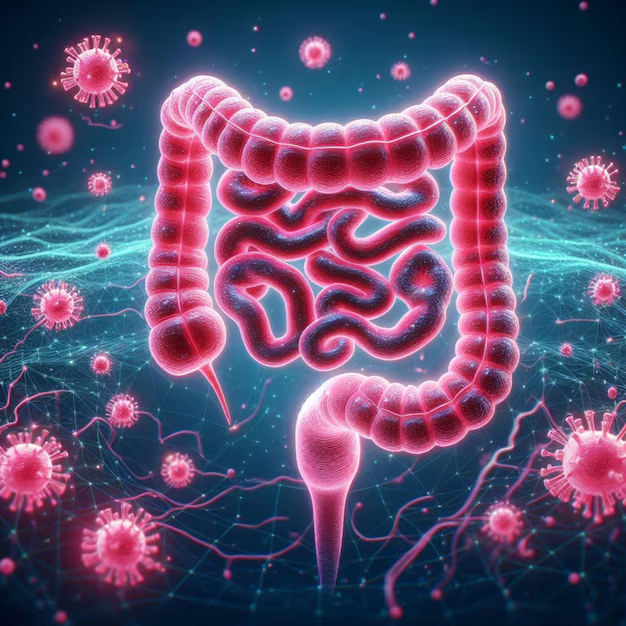
As if the harsh stomach environment was bad enough, these microbes have to go through one are the largest concentrations of immune cells in the entire body. This is almost like a border zone, where you need to display a certain pass of good meaning and intent to enter.
This communication takes place through physical interaction and chemical exchanges. Because the intestinal layer is so thin for food absorption, the body needs to make sure it is protected.
Effects on Infection-Caused Inflammation
Specific cells in the immune system can release some pretty harmful chemicals to trigger infection responses. If there are too many bad bacteria present in the gut, they can trigger some negative health consequences. Including gut inflammation and stress.
These responses can go through to the brain, with the entire body needing an immune responses to harmful invasive pathogenic or disease-causing bacteria. Such responses require fire-fighting antioxidants to run around to fix all the damage.
There also consequences to diseases, such as allergies and depression, that are linked to microbial-immune system interactions. Certain skin allergies were reduced with prebiotic use, such as atopic dermatitis, improving collagen production in the dermal cells.
The volatile fatty acids made by certain gut bacteria cause spikes in leptin level signals from fat cells, signalling when you are full. They seem to also reduce overall inflammation responses, including helping the development of intestinal mucosa for healthy food passage.
A prevalent gut bacterium in the gut was shown to regulate some aspects of gut immune function and intestinal inflammatory response through histamine production.
Prebiotics: Effects of Gut-Ph On Infection & Microbes
Bifidobacteria and Lactobacilli in particular have been studied for their abilities to supress disease, mainly through lactic acid production from their metabolic fermentations.
Microbe gut fermentation products are mildly acidic, providing the protective effects against pathogenic bacteria, encouraging bacteria or microorganisms that thrive in that environment. Microbes are very sensitive and even minor gut PH changes can cause lots of micro-biotic changes as seen in cows.
Grass eating cows digest cellulose using specific bacteria in their various stomach tanks. Cows need an alkaline gut Ph for their gut bacteria and can die from lactic acid build ups from the wrong bacteria.
Symptoms can progress in hours, the gas and bloating symptoms are very painful for the animal. This can happen in humans in rare occasions. However, a mildly acid Ph is preferable for most of the beneficial bacteria we have for our digestion. Though some do enjoy the very slightly more alkaline Ph of the ileum area of the small intestine.
In Crohn’s disease and IBS, specific gut bacteria such as Bifidobacteria were greatly reduced. With some studies suggesting decreased levels of these key bacteria cause certain aggravations of symptoms.
The by-products of another short chain fatty acid, propionic acid, assist with immune activity. They target specific white blood cell activities.
Peptidoglycans, or amino-complex sugars, are produced through fermentation and stimulate immune specific responses.
Prebiotics: Antibiotic Use
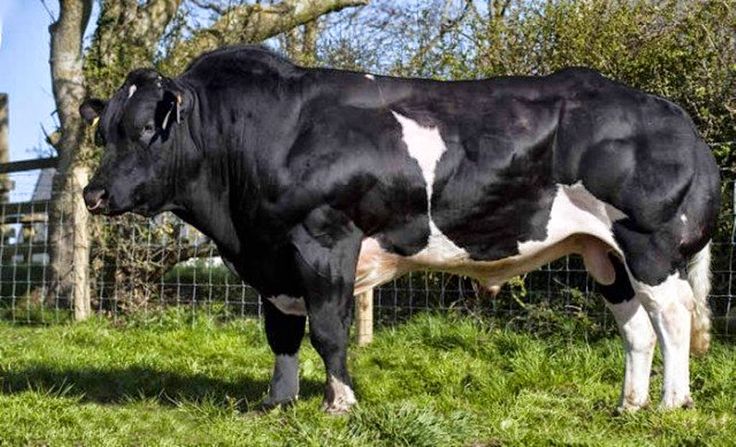
People often talk about antibiotics as a modern medicinal saviour. They can even trigger quick growth in animals too that is quite frankly unheard of with other techniques.
Organic Farming Systems
The downside to using antibiotics is not just antibiotic resistance, but also the destruction of the gut microbiota and the gut microcosm.
Antibiotic use was banned in Europe many years ago as a feed additive. With naturally bred species like the double muscle Belgian Blue beef cow, shown in the above image, it seems Europe doesn’t need those substances to be competitive for livestock and breeding.
These sorts of practices are banned if not heavily restricted in organic livestock production and are a massive part of modern intensive agriculture. The same can be said for pesticides that are also detrimental to soil and other microbial growth.
However, antibiotics are still used in animal livestock feeds across the world.
Prebiotics and illnesses
If you are on antibiotics, it is worth asking your medical practitioner if you should also be taking a probiotic or prebiotic too. The gut microcosm of antibiotic treated animals have been studied and there was evidence to suggest massive reductions in certain neurones and neurotransmitters in the gut. This can also include medications such as anti-depressants.
Not only do prebiotics formulations encourage the growth of beneficial microorganisms, they also have been shown to reduce the numbers of harmful bacteria too. Through mechanisms mentioned earlier, like lactic acid production, actually promoting wellness.
Mannose is a sugar that as a prebiotic was seen to reduce colonisation of salmonella a food-borne illness. Prebiotic inulin, or large fructose sugar molecules, encourage a heightened antibody response to viral pathogens.
Prebiotics: Safety Concerns
Prebiotics are generally considered to be safe to take without severe side effects.
Some side effects could include bloating, cramping, flatulence and diarrhoea. While the prevalence of these need to be studied, they have been seen in some individuals.
Powerful prebiotics will confer gut changes. Naturally, gut changes will have some minor side effects.

Conclusion
Overall, microbes play a massive part in our health and wellbeing.
The full spectrum of the role that microbes play is not fully appreciated. Our modern diets and newer farming methods have left this ancient symbiosis behind, with what looks to be like escalating consequences.
There are various gut microbes and we have only just started understanding some of the more important ones, such as Bifidobacterium and Lactobacilli.
These sorts of microbes produce short chain fatty acids in the gut, that have a lot of potential downstream health effects.
Without proper gut microbes, certain nerves don’t develop at all and you could be more susceptible to physical and chemical stress responses. Gut microbes are able to influence aspects of your immunity and brain functioning remotely.
SCFAs, like lactic acid, can guard against escalating pathogenic bacterial infection of the bowels, ensuring mutual survival and growth.
While highly selected for in the bowels, there are many different probiotics and prebiotics that can encourage healthy gut microbiota. This includes certain foods, like oats or bananas, or fermented foods.
These prebiotic foods contain complex-sugars and fibres that don’t get completely digested in the bowel, encouraging the growth of existing microbes in the gut.
For more interesting articles, navigate to the main articles below.


